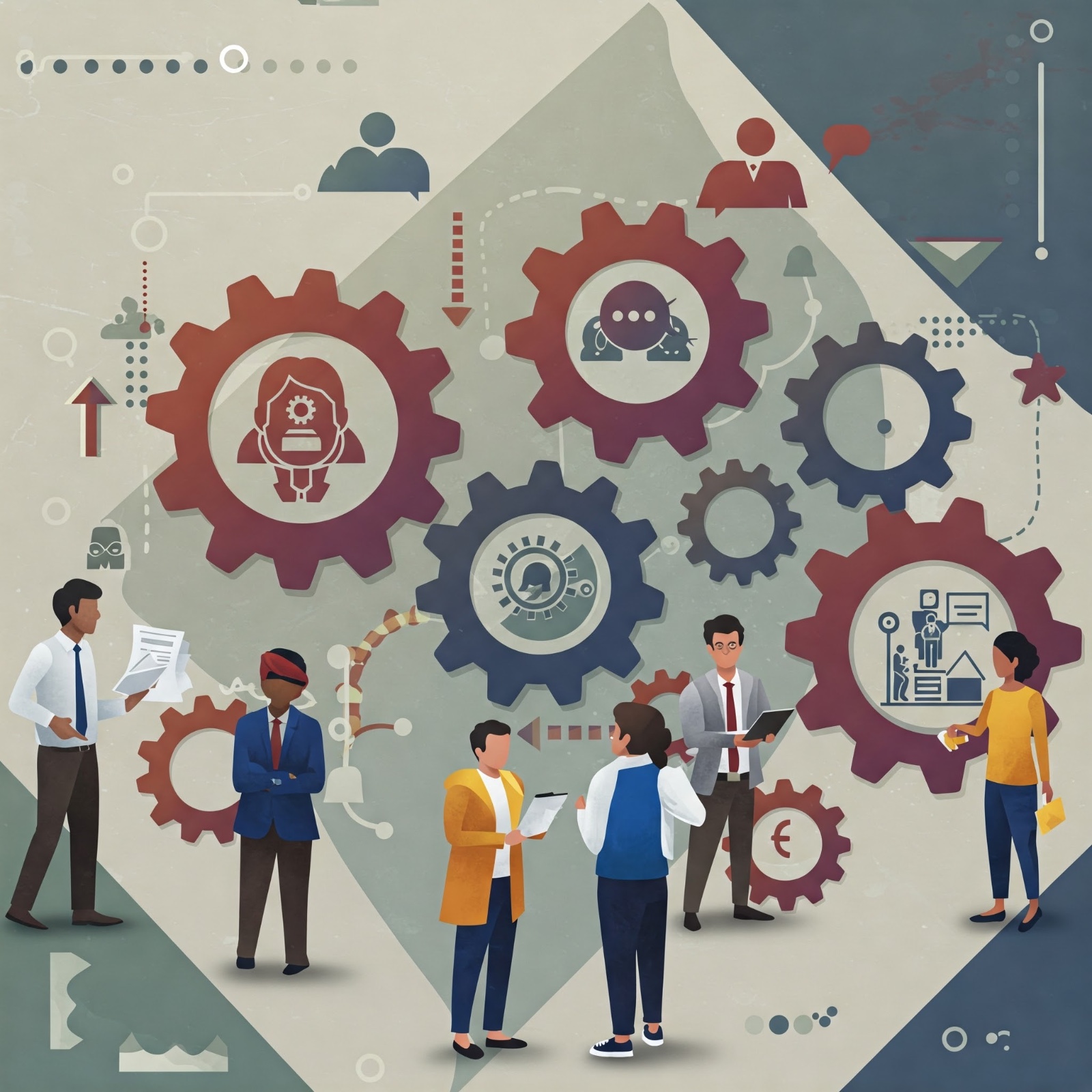Beyond Expertise: Why 'SuperSkills' Define Success in the Modern World
In a world saturated with information and technical expertise, what truly sets successful individuals and leaders apart? While specialized knowledge is crucial, it's often a set of higher-order capabilities – what we might call 'SuperSkills' – that drive sustained growth, impact, and fulfillment. These aren't just 'soft skills'; they are fundamental human competencies like critical thinking, emotional intelligence, adaptability, and crucially, resilience and a growth mindset. Understanding why these matter is key to unlocking potential in today's complex landscape.
What are 'SuperSkills' and Why Do They Matter Now More Than Ever?
SuperSkills are transferable, human-centric abilities that enable us to navigate complexity, collaborate effectively, innovate, and adapt. They include skills like communication, problem-solving, decision-making, emotional intelligence, and creativity. In an era where technical skills can become obsolete quickly due to automation and AI, these enduring human skills become paramount. They allow us to leverage technical knowledge effectively, lead teams, build relationships, and remain relevant amidst constant change. They are the foundation upon which lasting success is built.
The C-Suite Secret: SuperSkills in Action
- Look at highly successful leaders and C-level executives. Their technical background varies, but common threads emerge: exceptional communication, the ability to inspire and influence (high EQ), strategic foresight (critical thinking + decision making), the capacity to navigate crises (resilience), and a relentless drive to learn and improve (growth mindset). They don't just manage tasks; they navigate ambiguity, foster collaboration, and steer organizations through challenges. Their success isn't despite these skills; it's often because of them. These SuperSkills are the operating system for effective leadership.
The Engine of Development: How a Growth Mindset Fuels SuperSkill Acquisition
Coined by Dr. Carol Dweck, a Growth Mindset is the belief that abilities and intelligence can be developed through dedication and hard work. This contrasts with a 'fixed mindset' (believing abilities are innate and unchangeable). Why is this crucial for SuperSkills? Because developing emotional intelligence, critical thinking, or resilience takes effort, practice, and learning from failures. A growth mindset provides the essential fuel: it encourages embracing challenges, persisting despite setbacks, seeing effort as the path to mastery, and learning from criticism. It transforms obstacles into opportunities for skill development. You can learn more about cultivating this foundational mindset here.
Bouncing Back Stronger: The Underrated Power of Resilience
Resilience is the capacity to recover quickly from difficulties; toughness. It's not about avoiding stress or failure, but about navigating through it effectively. In a volatile world and demanding careers, setbacks are inevitable. Resilience allows individuals to manage pressure, maintain focus during crises, learn from mistakes without being derailed, and adapt to changing circumstances. It involves emotional regulation, optimism (grounded in reality), and strong problem-solving skills. It’s a dynamic skill, not a fixed trait, and like other SuperSkills, it can be consciously developed, contributing significantly to long-term well-being and achievement. Explore strategies for building Resilience.
Conclusion: Technical expertise might get you in the door, but SuperSkills determine how high you climb and how effectively you navigate the journey. By understanding their importance and consciously cultivating capabilities like a Growth Mindset and Resilience, alongside other key skills like Emotional Intelligence and Critical Thinking, individuals can unlock new levels of personal and professional success in an ever-evolving world.
 Tryambaka Academy
Tryambaka Academy



